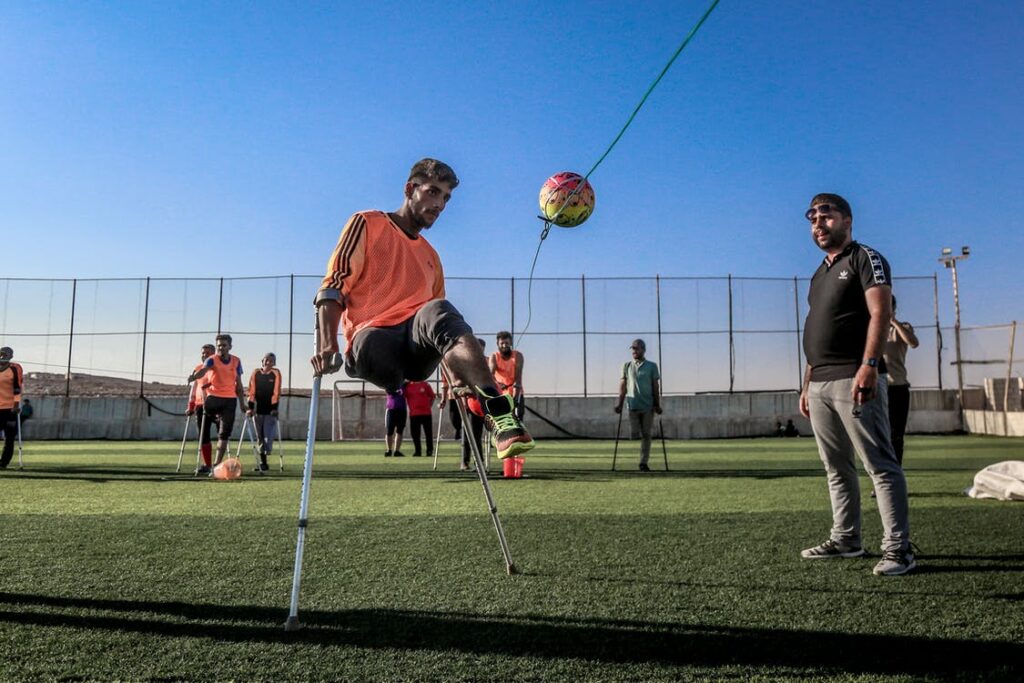An Experiment in Calculated Risks

We don't need math to understand risk. All we have to do is take a risk.
Take a risk.
What happens?
We win or lose. Even when we know the odds, we win or lose.
And that, of course, is why so many of us don't ever want to have to take a risk, why so many of us buy in to some fantasy of security sold to us by another who totally gets our risk avoidance and takes command of the situation from there. In exchange for giving them sovereignty over our personal decisions and, therefore, our personal power, they promise to remove the risk. And now, with someone else making our decisions for us, we breathe easier.
The chanciness of risk drives a whole spectrum of emotions. Risk can turn us on, like a gambling addict or an adrenaline junkie. Or it could make us shy, cautious, withdrawn. Risk can be terrifying.
Risk can be something we just might accomplish if we extend ourselves a little beyond our comfort zone. It could be the promise of victory or the pending shame of our defeat.
Why can't we know how this will work out? Does anyone have a tip we could make a sure bet on? Isn't there some insider information that will improve our odds? Can't we just cheat and get to the prize without the ambiguity and risk of the process?
However we choose to respond to risk, there is no escape from it. We are in it for the duration.
We are up to our necks in a life of pretty much impenetrable, unending risks. If we don't recognize that in our own lives just sit back and watch any of a thousand nature shows. Every scene, every time is some creature navigating the risk of its existence in a swarm of other creatures some of which might eat it and some of which it might eat. Take that a little further. Scan across every TV show you can view. You don't have to hang out there long. Every plot, every scene, every scary bit of music score - its all risk.
The whole of our experience, whether were watching it or living it is always a question of how we face the very risk of our existence.
How we face the risks we take means everything to our success. If we go into them blindly, dumb luck may be on our side and we succeed. More likely, we'll have to learn on the go, discover what's transpiring and adapt as we can.
Or we can study the risks. Learn what makes them tick. Understand the mechanisms, the probabilities, their history, learn about what others have done in this situation.
We are designed for this. Everything about us is structured to face unending change in an adaptive manner. The question is, have we, do we progressively mature the ability to deal with risk over time?
Look at the game world. Name a game, any game. Each is a risk-taking model. We love to face risk in games or in sports. The whole of our developmental prowess comes into play when we engage games of any kind. But risk in games are always highly limited stakes on a board or in the field. We can keep scores. We can win or lose. Then we walk away to some more favorable comfort zone. .
How do we marry our love of modeling risk-taking in the game with our actions in the real-world? One simple, universal principle influences our success in both. If we increase our ability to succeed in the face of risk - become a more skillful player, we tend to do better in the game. You got game?
To raise our game, we need to be able over time to take on proportionately bigger risks. The rewards are often proportionate to the risk we take but not always. Sometimes a small risk has big rewards. Sometime a big risk doesn't yield much. That's why its a game. We could win or we could lose. We could also win or lose in either a big way or a small way. That's a constant in the universe of never ending risk. We can even win now and lose on the next play. But then, we might win directly thereafter. YIKES! How can that be safe?
Only time and experience in the game matures the skill and insight to play well and convert the ever-present risk into gains in our win column. This is what we call wisdom. We have taken all of the ignorance of our expectations, thrown it into at-risk plays, gained knowledge about how things work there, had both our expectations and our hard-won knowledge hammered on the anvil of experience and found ourselves beaten by life into a more malleable, resilient wisdom regarding the life of risk taking.
We have to play to gain. Or as is said, no pain, no gain.
The court to play this on is both out in the world and simply within us. Our heart and mind manage the risk. Measure that. Pace yourself. Train for it. One step at a time. One step after another.
Mastery is within. No one has to see or know. We can do all of this privately, in fact, the quieter we are within ourselves as we practice this, the easier we train our brain to execute its new tricks. Yes, people will see if we pass or fail. So what?
It's not their game. They are merely observers. We are the player. We are the one who have a date with risk. Meet it directly. Play it smartly. Win or lose, come back to play again, smarter this time, more experienced, wiser.
Shhh.... pay attention. Something is changing. Move into position. Make your play.
